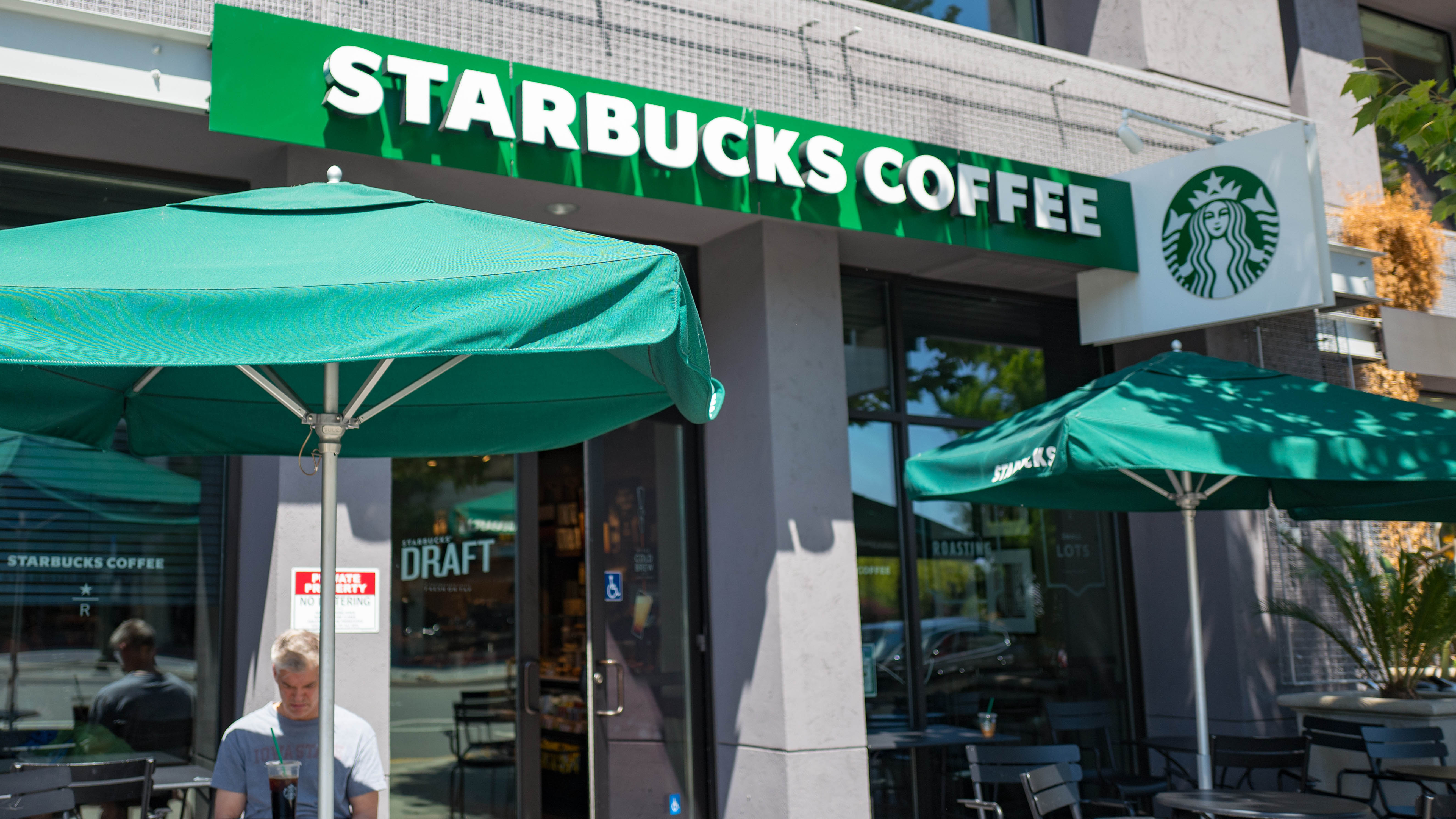Libya has paid $1.5 billion into a fund to compensate the families of American victims of Libyan-linked terror attacks in the 1980s, clearing the last hurdle in full normalization of ties between Washington and Tripoli.
In exchange, under a deal worked out earlier this year, President Bush on Friday signed an executive order restoring the Libyan government's immunity from terror-related lawsuits and dismissing pending compensation cases, the White House said.
"The removes the last obstacle to a normal relationship between the United States and Libya," said David Welch, the top U.S. diplomat for the Middle East who negotiated the agreement.
State Department spokesman Sean McCormack called it "a laudable milestone" giving "a measure of justice to families of U.S. victims of terrorism and clearing the way for continued and expanding U.S.-Libyan partnership."
The money will go into a $1.8 billion fund that will pay $1.5 billion in claims for the 1988 Pan Am 103 bombing over Lockerbie, Scotland, and the 1986 bombing of a German disco. Another $300 million will go to Libyan victims of U.S. airstrikes ordered in retaliation for the disco bombing.
Payments to U.S. victims' families should start within days, Welch said.
Libya has sought donations from private businesses to help cover its share of the fund. The Bush administration has vowed that no American taxpayer money will be used for the U.S. portion but has not said where the money will come from.
U.S. & World
Welch refused to discuss the source of the Libyan contribution and would not say if the $300 million for the Libyan victims had been deposited.
The Libyan money had been expected in early September but was inexplicably delayed, angering some in Congress who have thus far refused to lift holds on the nomination of a new U.S. ambassador to Libya and funds for the construction of a new U.S. embassy in Tripoli.
But on Friday, the chief congressional critic, Sen. Frank Lautenberg, D-N.J., welcomed the final payment.
"American victims and their families have waited decades for Libya to pay for its deadly acts of violence and today they have received long-overdue justice," he said in a statement. "I am pleased that our relentless pressure and support for terror victims has led to this historic moment."
It was not immediately clear if or when Lautenberg would lift holds on the ambassadorial nomination or funding for a new embassy.
A first $300 million payment from Libya to the fund was received on Oct. 9, just days after the opening of a U.S. trade office in Libya's capital and a historic visit there last month by Secretary of State Condoleezza Rice, who was the highest-ranking U.S. official to visit the country in more than 50 years.
A second Libyan payment of $600 million was received on Thursday and a last installment of $600 million was received on Friday, according to Welch, who called Libya's move from U.S. foe to friend a "historic" and "important transformation."
U.S.-Libyan relations hit a low point in the 1980s but began to improve after Libyan leader Moammar Gadhafi — whom President Reagan called the "mad dog of the Middle East" — renounced weapons of mass destruction and terrorism in 2003.
The rapprochement stalled after Libya halted payments to the families of Lockerbie victims under a previous compensation deal that would have paid $8 million to each and in the absence of an agreement on the La Belle disco bombing in Berlin.
But it picked up again in August when Libya and the United States agreed to a new, comprehensive package that would cover compensation for all the 1980s-era claims.
All 269 passengers and crew, including 180 Americans, on the Pan Am flight and 11 people on the ground were killed in the Lockerbie bombing. Three people, including two American soldiers, were killed and 230 wounded in the Berlin disco attack. That attack prompted Reagan to order airstrikes on targets in Tripoli and Benghazi that Libyans say killed 41 people, including Gadhafi's adopted daughter.
The developments come amid a huge increase in interest from U.S. firms, particularly in the energy sector, in doing business in Libya, where European companies have had much greater access in recent years. Libya's proven oil reserves are the ninth largest in the world, close to 39 billion barrels, and vast areas remain unexplored for new deposits.



